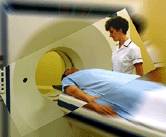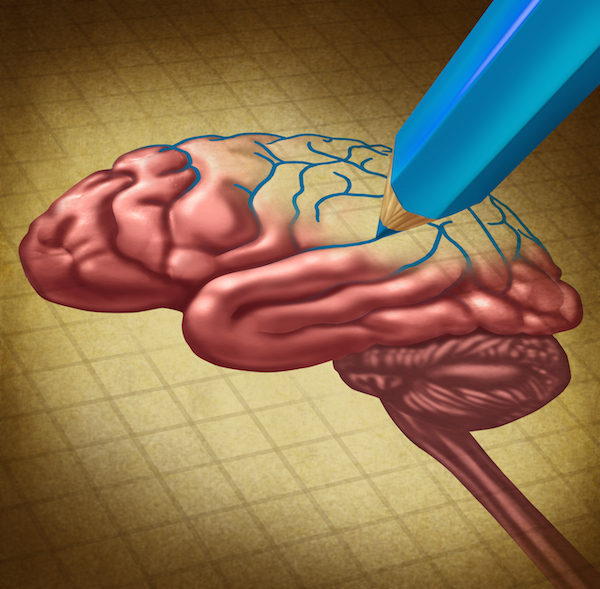
TUESDAY, Oct. 5 (HealthDay News) — Sophisticated brain imaging techniques may help doctors one day identify which patients with mild cognitive impairment are likely to progress to Alzheimer’s disease, Swiss researchers report.
Using a combination of specialized MRI scans and an artificial intelligence technique, radiologists at University Hospitals of Geneva said they were able to predict which patients had mild cognitive impairment that was likely to progress to Alzheimer’s as opposed to stable mild cognitive impairment.
“Medication against Alzheimer is presumably most effective when given early in the disease progress,” noted lead researcher Dr. Sven Haller, a radiologist in the department of diagnostic and interventional neuroradiology. “Our results help to identify subjects at risk for cognitive decline at an early stage, which might result in an earlier and more specific treatment.”
For the study, published online Tuesday in advance of the December print issue of the journal Radiology, Haller and his colleagues examined specialized MRI scans of 35 healthy individuals, with a mean age of 64, and 69 patients with mild cognitive impairment, mean age of 65. All the patients had been diagnosed with mild cognitive impairment based on a battery of neuropsychological tests. To determine which patients had progressive versus stable mild cognitive impairment, the tests were repeated one year later.
Using a specialized technique called susceptibility-weighted MRI, Haller’s group found that patients with mild cognitive impairment had a greater number of tiny leaks, or microbleeds, in the blood vessels of their brains than did control participants. The researchers found microbleeds in 33 percent of individuals with stable mild cognitive impairment and 54 percent of those with progressive mild cognitive impairment, versus only 14 percent of the control participants.
In addition, Haller’s group found that those who had mild cognitive impairment were more likely to have increased concentrations of iron in certain parts of their brains and reduced levels of iron in other parts, compared with the control group.
The researchers then analyzed the MRI data with an artificial intelligence technique known as support vector machines (SVM), which helps identify patterns within a group and create classifications. With the use of SVM, Haller’s group said it was able to predict with 85 percent accuracy which patients had progressive versus stable mild cognitive impairment.
However, at least one prominent Alzheimer’s researcher in the United States was skeptical of the findings.
Dr. Sam Gandy is professor of neurology and psychiatry and associate director of the Alzheimer’s Disease Research Center at Mount Sinai School of Medicine in New York City. He said the claim that the presence of cerebral microbleeds may be predictive of Alzheimer’s “does not agree with the well-established neuropathology of mild cognitive impairment.”
He added: “Perhaps these subjects are destined for vascular dementia or mixed dementia, but this study does not fit with what we know about garden-variety Alzheimer’s disease.”
But even though Gandy questioned these particular findings, he said he was encouraged by how much Alzheimer’s research is being done right now.
“The level of attention has really been increasing substantially in the last few years, and it’s very exciting to see so many people looking at so many different strategies to attack the problem,” he said. “But we’ve still got a lot more hard work to do.”
More information
For more on Alzheimer’s disease, visit the U.S. National Institute on Aging.

